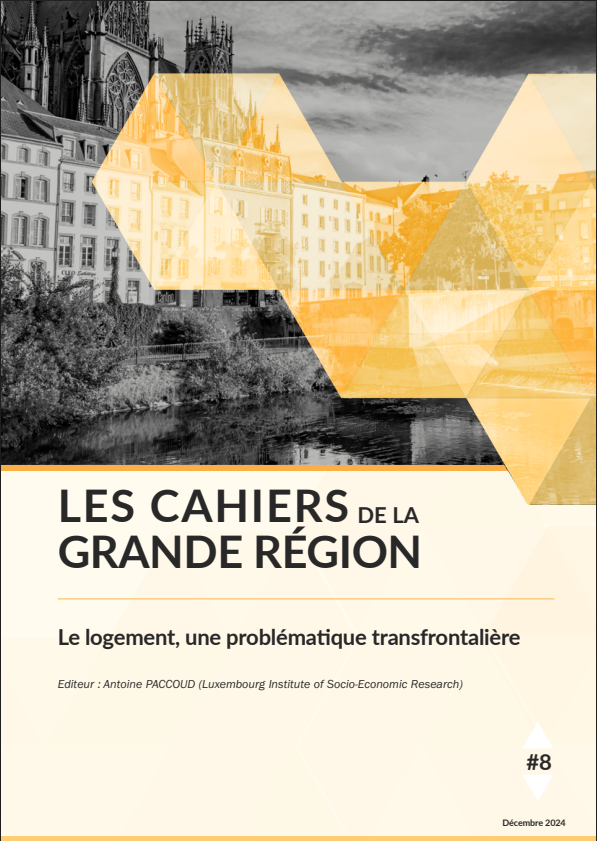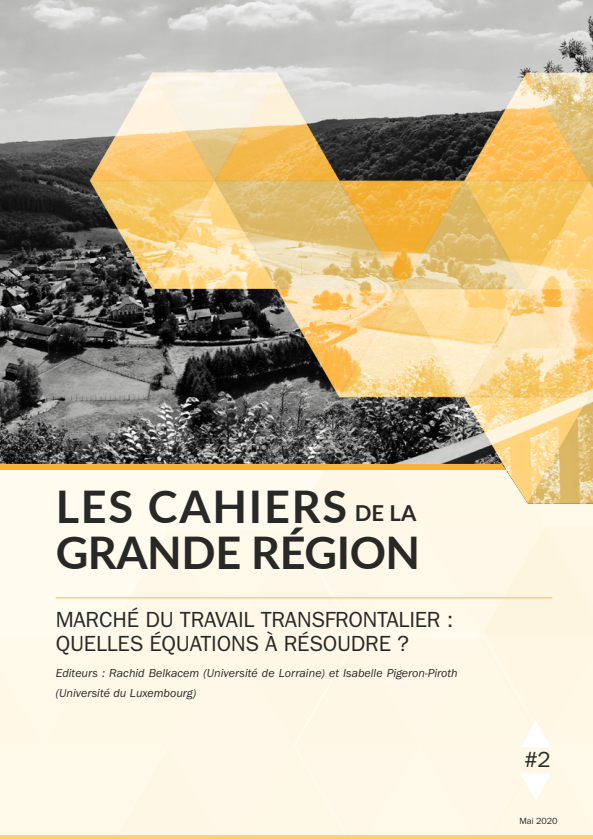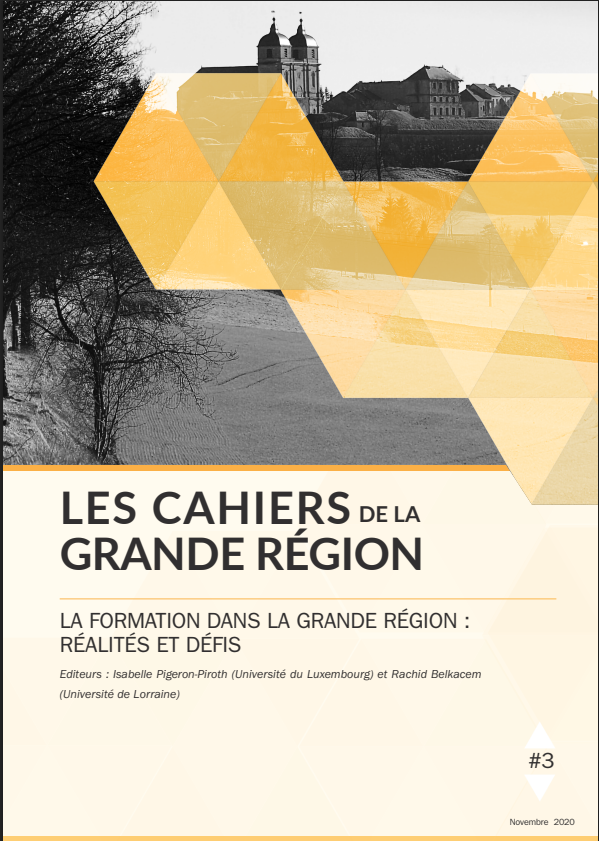LISER took an important step forward in its mission to deliver research with tangible impact by officially launching the LISER Policy Lab. The event gathered policymakers, researchers, and stakeholders to explore how robust data and scientific evidence can shape more effective and inclusive public policies in Luxembourg, Europe, and beyond.

An Analytical Tool Serving the Cross-Border Territory
The “Cahiers de la Grande Région” constitute a leading publication dedicated to the analysis of the economic, social, territorial, and environmental dynamics of the Greater Region, which encompasses Luxembourg, Lorraine, Wallonia, Saarland, and Rhineland-Palatinate. Produced within the framework of cross-border cooperation, these publications aim to provide objective insights, key indicators, and thematic analyses to inform public decision-making and support development strategies at the cross-border level.

As a comprehensive tool for observation, monitoring, and decision support, the “Cahiers de la Grande Région” seek to enhance the understanding of shared challenges, strengthen cooperation among partner territories, and support public policies in areas such as employment, mobility, economy, demography, environment, and social cohesion. They are intended for institutions, policymakers, economic and social stakeholders, as well as all partners involved in the development and governance of the Greater Region.
The Cahiers de la Grande Région are produced through a partnership between several institutions within the Greater Region.
.png&w=3840&q=75)









Related events
Stay at the forefront of innovation by attending our upcoming events, where industry expertise and professional connections converge.
News
Browse all newsIn recent years, there has been a discernible shift in the discourse on industrial relations in Europe. Contentious collective bargaining in response to surging inflation, tighter labour markets leading to a stronger bargaining position for workers, renewed strike activity in many countries and organising drives in the low-wage service sector have been noticeable developments. These changes contrast with the preceding decades marked by the erosion of sectoral collective bargaining and associated institutions.
The Urban Development and Mobility department (LISER) and the Cosmopolis Centre for Urban Research (VUB) have organised a one-day symposium titled "To pay or not to pay – The role of fares in public transport" on the 20th of March 2025 at the Black Box (Maison des Sciences). The symposium marks the end of the LiFT project, a bilateral project funded by the Luxembourg National Research Fund (FNR) and the Research Foundation Flanders (FWO). The LiFT project focused on the policy of abolishing fares in public transport, otherwise known as fare-free public transport (FFPT).







